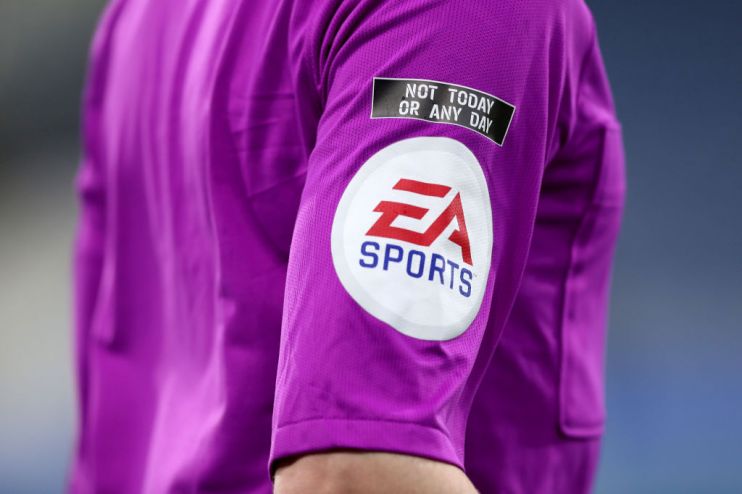EA Sports’ Kiyan Prince tribute makes an impression on the public

EA Sports recently paid tribute to Kiyan Prince – a 15-year-old Queens Park Rangers academy player who was killed in 2006 after attempting to break up a fight at school. The games studio, in partnership with the Kiyan Prince Foundation, honoured the young footballer’s legacy by creating a virtual version of him in FIFA 21.
YouGov Brandindex data shows that the campaign, which is designed to simultaneously immortalise Kiyan Prince in video game form and inspire young people to meet their true potential, has made a good impression on the public since its reveal on May 18.
Read more: Shakespeare: BA staff ad gives brand a reputation takeoff
Consumers immediately took notice: Ad Awareness scores, which track whether consumers have seen an advertisement for a brand in the past two weeks, doubled from 3.5 to 6.9 (+3.4).
Index scores for EA Sports, a measure of overall brand health, rose impressively from 8.2 to 17.3 (+9.1) between May 17 and May 24, while Satisfaction scores – which measure whether a consumer is a satisfied or dissatisfied customer of a brand – saw an improvement of 5.5 points (from 7.1 to 12.6) over the same period. Perceptions of the brand’s Quality also improved, with scores seeing an improvement of +6.8: rising from 11.7 to 18.5.
Thanks to the campaign, people also have a more positive Impression of EA Sports than they did before. Performance across this metric doubled from 12.3 to 24.5 (+12.2), while the brand’s Reputation scores – a measure of whether a consumer would be proud or embarrassed to work for a particular brand – also rose from 14.1 to 20.6 between May 17 and May 24.
This kind of marketing can be a tricky needle to thread for brands, as “resurrections” in advertising have a somewhat mixed history. A more poorly executed campaign could have had commercial and reputational consequences.
In putting Kiyan Prince on FIFA 21’s virtual pitch, however, EA Sports and their charity partner successfully avoided many of the pitfalls of this kind of advertising – and brought much-needed attention to a deserving cause.
Read more: Shakespeare: John Lewis takes a hit from “cash for curtains” row